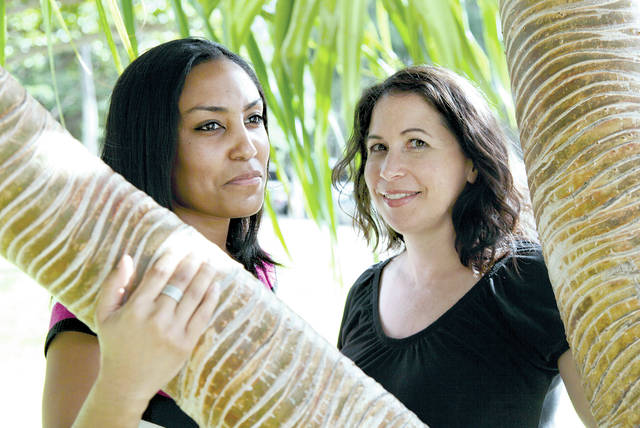HONOLULU — A state appeals court ruling that a bed and breakfast discriminated by denying a room to two women because they’re gay will stand after the state’s high court declined to take up the case.
Aloha Bed & Breakfast owner Phyllis Young had argued she should be allowed to turn away gay couples because of her religious beliefs.
But the Hawaii Supreme Court on Tuesday unanimously rejected Young’s appeal of a lower court ruling that ordered her to stop discriminating against same-sex couples.
Young is considering her options for appeal, said Jim Campbell, senior counsel for Alliance Defending Freedom, a conservative Christian law firm that is representing her. He said Young might not be able to pay her mortgage and could lose her home if she’s not able to rent rooms.
“Everyone should be free to live and work according to their religious convictions — especially when determining the living arrangements in their own home,” Campbell said in an emailed statement.
Peter Renn, who represents the couple, said the Hawaii high court’s order indicates the law hasn’t changed even after the U.S. Supreme Court last month, in a limited decision, sided with a Colorado baker who refused to make a wedding cake for a same-sex couple. He said “there still is no license to discriminate.”
“The government continues to have the power to protect people from the harms of discrimination, including when it’s motivated by religion,” said Renn, who is a senior attorney with Lambda Legal, an organization that defends LGBTQ rights.
Diane Cervelli and Taeko Bufford of Long Beach, California, tried to book a room at Aloha Bed & Breakfast in 2007 because they were visiting a friend nearby. When they specified they would need just one bed, Young told them she was uncomfortable reserving a room for lesbians and canceled the reservation.
Cervelli and Bufford filed complaints with the Hawaii Civil Rights Commission.
Young told the commission she is Catholic and believes that homosexuality is wrong, according to the appeals court ruling. The commission found that the business illegally discriminated against the couple and issued Cervelli and Bufford “right to sue” notices.
Cervelli and Bufford filed their lawsuit in 2011.
Last month the U.S. Supreme Court sided with a Colorado baker who refused to make a wedding cake for a same-sex couple. The nation’s highest court found that a Colorado civil rights commission showed anti-religious bias when it ruled against Jack Phillips for refusing to make the cake at his Masterpiece Cakeshop.
The decision, however, did not address the larger issue of whether a business can invoke religious objections to refuse service to gay and lesbian people.



